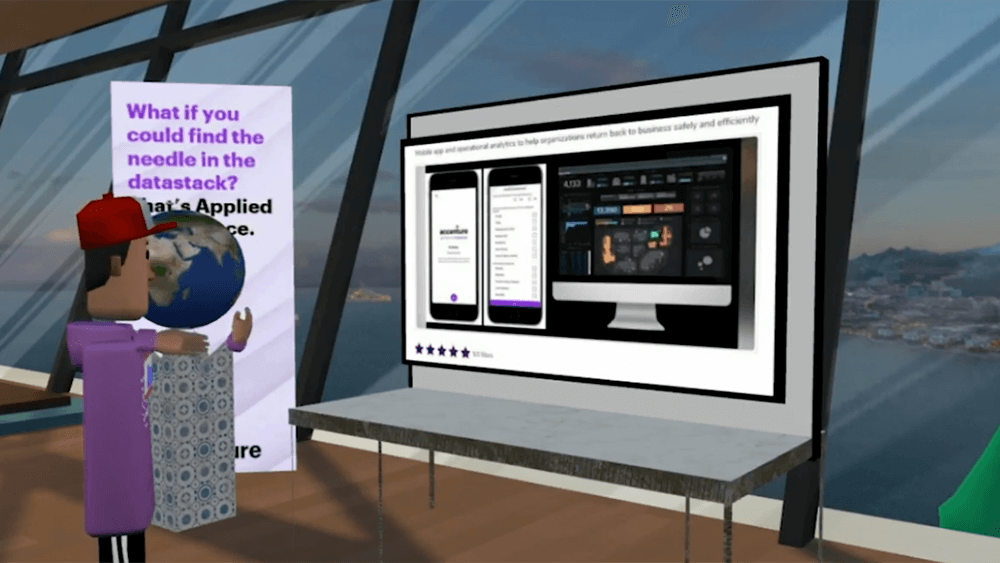
The majority of 100-plus North American organizers recently surveyed by the GBTA said that they are interested in using event technology tools to deliver “a more engaging and immersive online event,” including online registration, post-event attendee surveys, attendee tracking and lead tracking, and mobile event apps.
When the Global Business Travel Association (GBTA) surveyed organizers about how they plan to manage their corporate meetings in the year ahead, perhaps the most interesting finding was just how many are planning hybrid events.
Three out of five respondents said that they expect to hold at least one hybrid meeting in 2021, and 65 percent said that they are interested in holding more hybrid meetings as a result of the pandemic. This is a significant shift from the 71 percent respondents who said that, prior to the pandemic, hybrid meetings were not part of their programming at all. A little more than half of respondents expect in-person company meetings with 50 or fewer attendees to return to the pre-pandemic level within a year.
The study, completed in February 2021, is based on responses from 106 U.S.- and Canada-based GBTA members and contacts who are at least “a little involved” when it comes to “planning, organizing, or overseeing meetings and events at [their] company.”
In addition, the study found that respondents viewed the recent shift to virtual events as a positive one in terms of their effectiveness and role in their company’s overall marketing strategy. “The pandemic has had a significant impact on how organizations plan and manage their corporate meetings and events,” said Patrick Smith, CMO at Cvent, which sponsored the GBTA study. “A smart mix of virtual, in-person, and hybrid events is the future; and these three event delivery models will enable companies to reach and engage bigger audiences and gain deeper insight into attendee interests. The use of technology will help to lead the way in this new environment where we expect events to be more numerous and impactful than ever.”
Microsoft echoed this thinking last week in the company’s newly published “Hybrid Work: a Guide for Business Leaders,” which highlights how remote work and hybrid meetings will play a more central role post-pandemic. One of the report’s three parts, called “Places,” describes how the merged virtual and physical environment will become the default for meetings, with new technology — like Microsoft’s reimagined meeting room of the future and mixed reality office spaces — bridging the two together.
“In this new era of hybrid work, we will no longer rely solely on a shared physical location or a campus to collaborate, connect, or build social capital,” said Satya Nadella, CEO at Microsoft in a May 21 Linkedin post on the new report. “But that doesn’t mean physical places and spaces aren’t important. They will just need to be re-imagined.”
Jennifer N. Dienst is managing editor of Convene.
